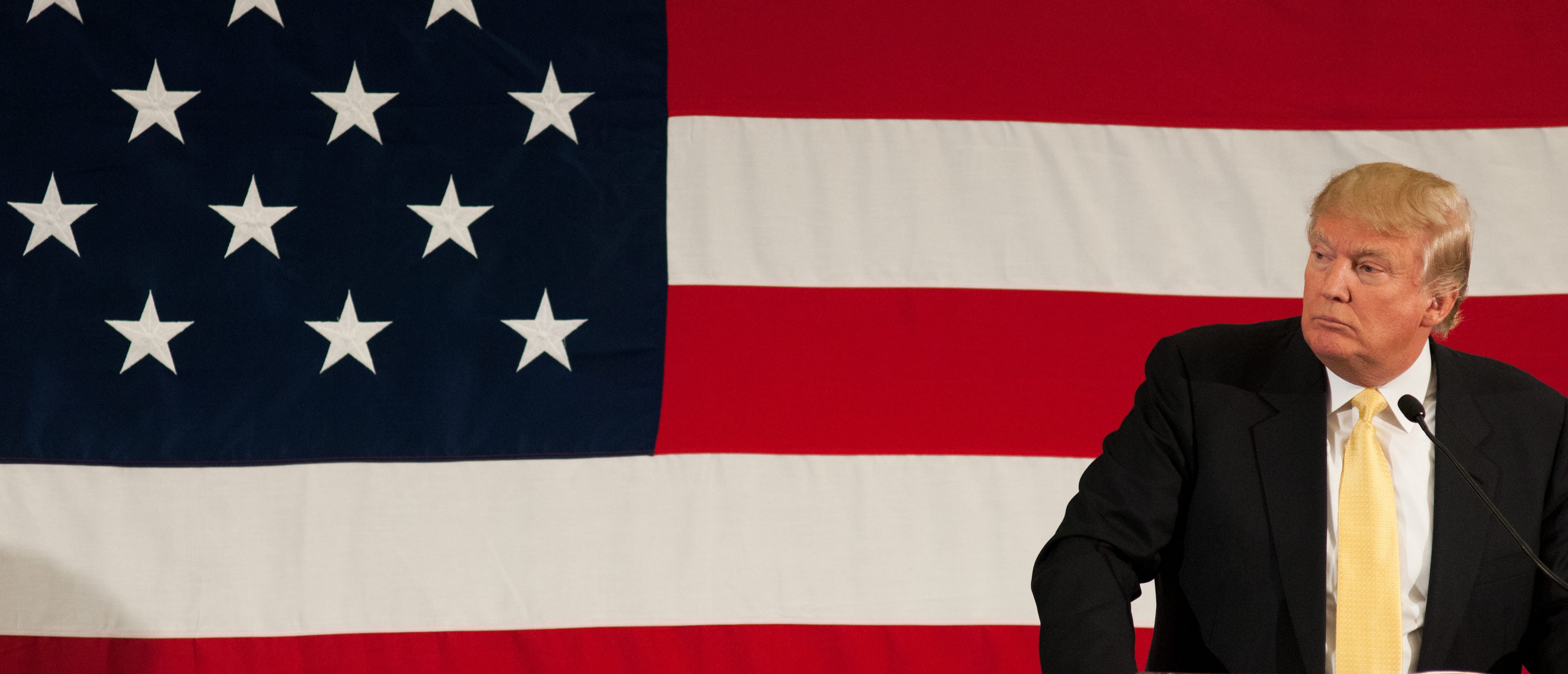In the last few years, Russia and China have increased political, economic and military cooperation, as well as conducting joint diplomatic offensives against American interests, for example, in Afghanistan.
No doubt the steps taken against Russia by the Obama Administration and the personal animus that developed between the then U.S. president and Vladimir Putin accelerated that cooperation.
Writing in The Diplomat, Francis P. Sempa makes cogent historical points that should be seriously considered by the Trump administration in light of its relations with Russia and China:
While these developments are not indicative of a Sino-Russian security alliance reminiscent of the Sino-Soviet bloc of the 1950s, they nevertheless should cause U.S. policymakers to reflect on diplomatic and policy options for ensuring the preservation of U.S. security interests and a favorable balance of power.
take our poll - story continues below[gravityforms id="56"]Completing this poll grants you access to DC Dirty Laundry updates free of charge. You may opt out at anytime. You also agree to this site's Privacy Policy and Terms of Use.The geopolitical threat posed by the Sino-Soviet bloc gradually receded when the Sino-Soviet split emerged and was successfully exploited by the Nixon administration with its famous ‘opening’ to China.
According to former Secretary of State Henry Kissinger in his book “World Order,” the key to triangular diplomacy was to balance “China against the Soviet Union from a position in which America was closer to each Communist giant than they were to each other.”
We now have the situation in reverse, to balance the power of an ascending China with a less dominant, but militarily potent Russia.
Unnecessarily alienating Russia, either through politically-motivated or emotionally-satisfying gestures decoupled from the requirements of triangular diplomacy, is not in the national interest of the United States.
There is no greater potential diplomatic battlefield between China and Russia than China’s aggressive Belt and Road Initiative, which, if successful, could render the former Soviet republics of Kazakhstan, Kyrgyzstan, Tajikistan, Turkmenistan and Uzbekistan as vassal states of Beijing.
The viability of the Belt and Road Initiative is largely dependent on the success of the China-Pakistan Economic Corridor, whose goals cannot be fully achieved if the United States maintains a presence or significant influence in Afghanistan.
Although China, Russia, Iran and Pakistan have a plan to remove the United States from Afghanistan, beyond consensus on that one issue, there is far less uniformity regarding their respective visions for the future of South Asia.
Therein lies either President Trump’s dilemma or opportunity, depending on how he wishes to play it.
It has been long-standing U.S. policy that the Taliban must negotiate with the Afghan government despite Taliban insistence upon direct talks with the United States.
In a marked shift, the Trump administration is now seeking direct talks with the Taliban in the hope of jump-starting a process to end the 17-year war.
It is wise for President Trump to pursue steps that might break the tactical stalemate and implement a longer-term strategy that better addresses U.S. vital interests in the region. Without such a strategy, an American withdrawal from Afghanistan could become a humiliating retreat and eliminate significant U.S. influence in South Asia for decades.
The present U.S. situation in Afghanistan, however, could offer an opportunity for the Trump administration to initiate triangular diplomacy to maintain a regional and, perhaps, global balance of power.
As Sempa correctly notes:
Eurasia is still the world’s dominant landmass, home to most of the world’s people and resources. The global balance of power still requires that no major power or alliance of powers controls the key power centers of Eurasia. For the United States, having better relations with China and Russia than either has with each other still makes sense in the post-Cold War world.
There a many political, economic and military levers that can be applied to advance U.S. interests in the Eurasian diplomatic battlefield, but isolating Russia is not one of them.
Lawrence Sellin, Ph.D. is a retired US Army Reserve colonel, an IT command and control subject matter expert, trained in Arabic and Kurdish, and a veteran of Afghanistan, northern Iraq and a humanitarian mission to West Africa. He receives email at lawrence.sellin@gmail.com.

Your Daily Briefing:
Fight Online Censorship!
Get the news Google and Facebook don't want you to see: Sign up for DC Dirty Laundry's daily briefing and do your own thinking!

